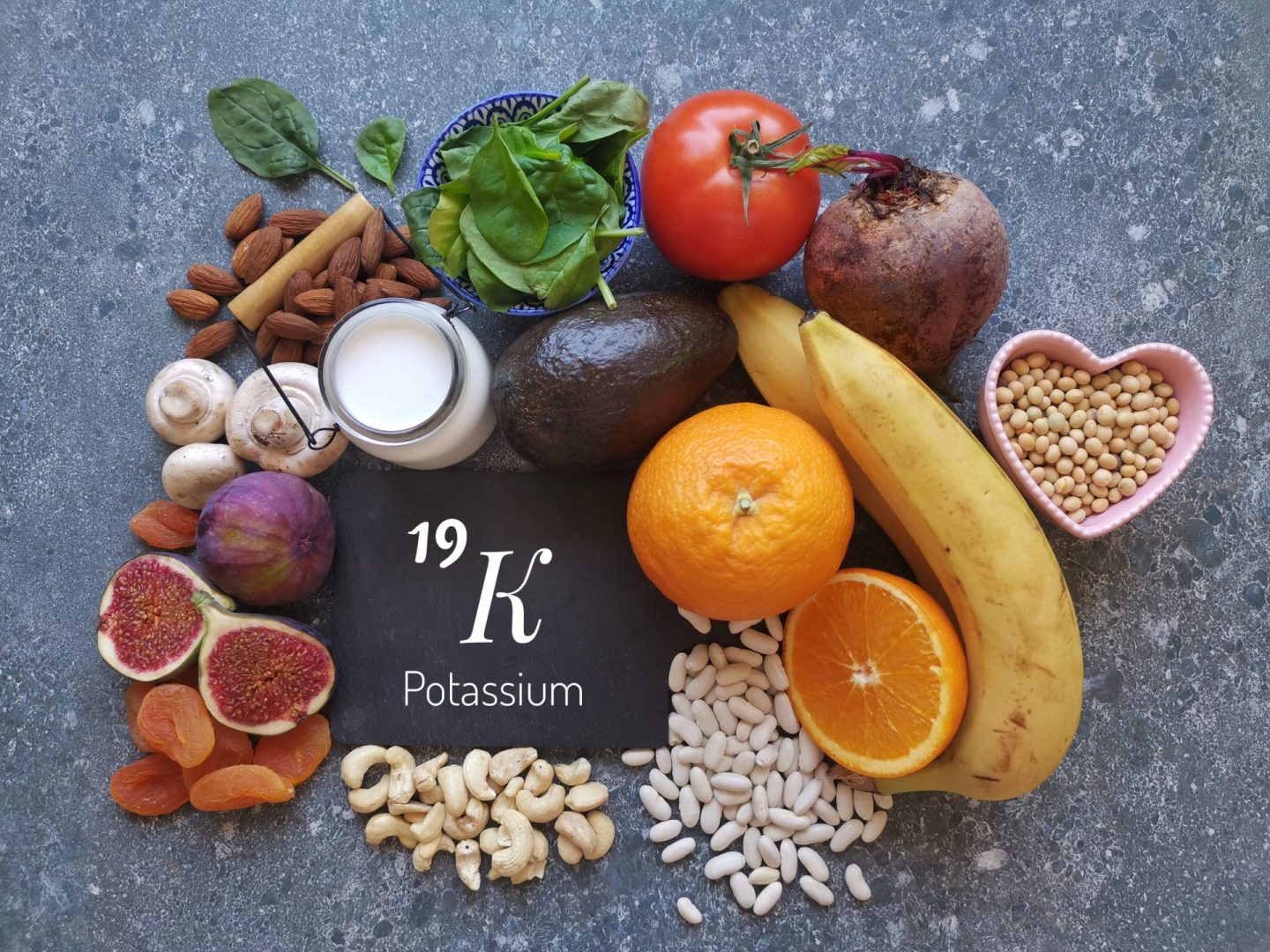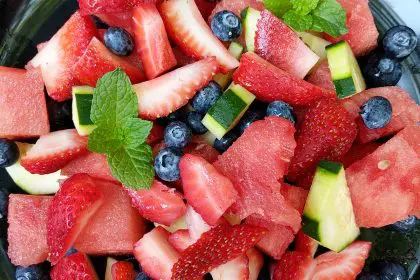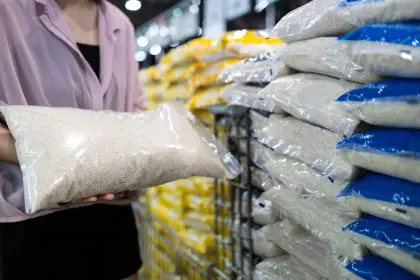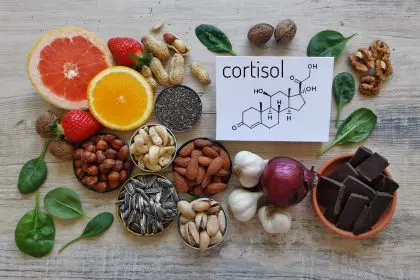Your morning banana might not be the potassium champion you think it is. While this yellow fruit has earned its reputation as a go-to source for the essential mineral, nutritionists are revealing that numerous other foods pack an even more powerful potassium punch — and the health benefits are nothing short of remarkable.
This vital electrolyte quietly orchestrates some of your body’s most critical functions, from keeping your heart beating steadily to ensuring your muscles contract properly. Yet most Americans fall drastically short of meeting their daily potassium needs, potentially setting themselves up for serious health complications down the road.
The consequences of potassium deficiency extend far beyond simple fatigue. Medical experts warn that inadequate levels can trigger a cascade of health issues, including dangerous blood pressure spikes, debilitating muscle weakness, painful kidney stones, and accelerated bone loss that increases fracture risk.
The hidden power of potassium in your body
Behind the scenes, potassium works tirelessly as one of your body’s most essential electrolytes. This mineral maintains the delicate fluid balance within your cells while facilitating communication between your nervous system and muscles. Every heartbeat, every breath, and every movement depends on adequate potassium levels to function optimally.
For adults, nutritionists recommend consuming between 2,500 to 3,000 milligrams of potassium daily, though individual needs may vary based on age, gender, and activity level. Athletes and highly active individuals often require even higher amounts to support muscle recovery and prevent cramping during intense physical activity.
The mineral’s role in cardiovascular health particularly stands out among its many benefits. Potassium helps counteract the negative effects of sodium, potentially lowering blood pressure and reducing strain on the cardiovascular system. This protective effect becomes increasingly important as we age and face higher risks of heart disease and stroke.
1. Swiss chard delivers exceptional potassium power
Leading the potassium parade is Swiss chard, a leafy green that deserves more recognition in American kitchens. One cooked cup provides an impressive 961 milligrams of potassium — nearly one-third of your daily requirement. This colorful vegetable also delivers substantial amounts of vitamin K, which plays a crucial role in blood clotting and maintaining strong bones.
The vibrant stems of Swiss chard, ranging from bright red to golden yellow, contain concentrated nutrients that many people mistakenly discard. Nutritionists recommend chopping and cooking these stems alongside the leaves to maximize the nutritional benefits of this potassium powerhouse.
2. Avocados offer heart-healthy potassium
The trendy avocado lives up to its superfood status with 945 milligrams of potassium per medium fruit. This creamy treat provides nearly 30% of men’s daily potassium needs and over one-third of women’s requirements. Beyond potassium, avocados deliver monounsaturated fats that support cardiovascular health and help the body absorb fat-soluble vitamins.
Recent research suggests that regular avocado consumption may help reduce inflammation markers in the body while supporting healthy cholesterol levels. The fruit’s unique combination of potassium and healthy fats makes it an ideal choice for those looking to support both heart and muscle health simultaneously.
3. Soybeans pack nutritional density
Often overlooked in favor of processed soy products, whole soybeans deliver 886 milligrams of potassium per cooked cup. These protein-rich legumes also provide significant amounts of iron, fiber, and essential amino acids that support muscle development and repair.
Edamame, which are simply immature soybeans, offers a convenient and delicious way to incorporate this potassium source into your diet. Whether enjoyed as a snack or added to salads and stir-fries, soybeans provide sustained energy while supporting optimal electrolyte balance.
4. Acorn squash brings seasonal nutrition
This winter squash variety contains 896 milligrams of potassium per cooked cup, making it an excellent seasonal source of this essential mineral. Acorn squash also provides substantial amounts of vitamin A, which supports immune function and maintains healthy vision.
The natural sweetness of acorn squash makes it appealing to those who struggle to consume enough vegetables. Roasting enhances its flavor while preserving the potassium content, creating a satisfying side dish that supports optimal health.
5. Sweet potatoes deliver comfort and nutrition
A large baked sweet potato provides 855 milligrams of potassium while satisfying cravings for something sweet and comforting. These orange tubers also supply impressive amounts of fiber and beta-carotene, which the body converts to vitamin A for immune system support.
Unlike regular potatoes, sweet potatoes have a lower glycemic index, meaning they provide steadier energy without causing dramatic blood sugar spikes. This makes them an excellent choice for maintaining consistent energy levels throughout the day.
6. Lentils support muscle and bone health
These tiny legumes pack 731 milligrams of potassium per cooked cup while delivering substantial amounts of plant-based protein. Lentils also provide magnesium, zinc, and B vitamins that support energy metabolism and nervous system function.
The versatility of lentils makes them easy to incorporate into various dishes, from hearty soups to fresh salads. Their mild flavor adapts well to different seasonings and cooking methods, making them accessible to even the pickiest eaters.
7. Yogurt combines protein with potassium
Plain low-fat yogurt delivers 573 milligrams of potassium per cup while providing high-quality protein and probiotics that support digestive health. The calcium content in yogurt works synergistically with potassium to support bone health and muscle function.
Choosing plain varieties over flavored options allows you to control added sugars while maximizing the nutritional benefits. Greek yogurt varieties often contain even higher protein levels, making them excellent choices for post-workout recovery.
8. Black beans fuel sustained energy
A cooked cup of black beans provides 611 milligrams of potassium alongside substantial amounts of fiber, iron, and folate. These nutrients work together to support energy production and prevent fatigue throughout the day.
The high fiber content in black beans promotes satiety and supports digestive health while helping stabilize blood sugar levels. This combination makes them particularly valuable for those managing diabetes or trying to maintain steady energy levels.
9. Tomato puree concentrates nutrition
Half a cup of tomato puree contains 550 milligrams of potassium in a concentrated form that’s easy to incorporate into meals. This cooking staple also provides lycopene, a powerful antioxidant that may help protect against certain types of cancer and heart disease.
Using tomato puree as a base for sauces, soups, and stews allows you to boost the potassium content of family meals without dramatically changing familiar flavors. The cooking process actually increases the bioavailability of lycopene, making tomato puree even more nutritious than fresh tomatoes.
10. Salmon delivers omega-3s with potassium
A three-ounce serving of cooked salmon provides 429 milligrams of potassium while supplying essential omega-3 fatty acids that support brain and heart health. This combination makes salmon particularly valuable for supporting both cognitive function and cardiovascular wellness.
The high-quality protein in salmon supports muscle maintenance and repair, while the omega-3 content may help reduce inflammation throughout the body. Wild-caught varieties typically contain higher levels of beneficial nutrients compared to farm-raised options.
Smart strategies for increasing potassium intake
Incorporating these potassium-rich foods into daily meals doesn’t require dramatic dietary overhauls. Simple swaps and additions can significantly boost your intake while enhancing the flavor and nutritional value of familiar dishes.
Start your morning with a smoothie combining yogurt, spinach, and half an avocado for a potassium-packed breakfast that provides sustained energy. Add black beans to salads or use them as a protein source in grain bowls for lunch. Dinner options might include salmon with roasted acorn squash or a hearty lentil soup featuring Swiss chard.
Meal planning becomes easier when you focus on including at least two potassium-rich foods in each meal. This approach ensures consistent intake throughout the day while preventing the afternoon energy crashes that often result from inadequate mineral consumption.
Important considerations for special health needs
Individuals with kidney disease, heart conditions, or those taking certain medications should consult healthcare providers before significantly increasing potassium intake. Some medications can affect how the body processes potassium, potentially leading to dangerous imbalances if dietary changes aren’t properly monitored.
Your doctor can provide personalized recommendations based on your specific health status and current medications. They may suggest blood tests to monitor potassium levels and ensure that dietary changes support rather than compromise your overall health goals.
Making informed choices about potassium intake empowers you to support your body’s essential functions while reducing the risk of deficiency-related health problems. These ten foods offer delicious and accessible ways to meet your daily potassium needs while enjoying varied, flavorful meals that nourish your entire body.















